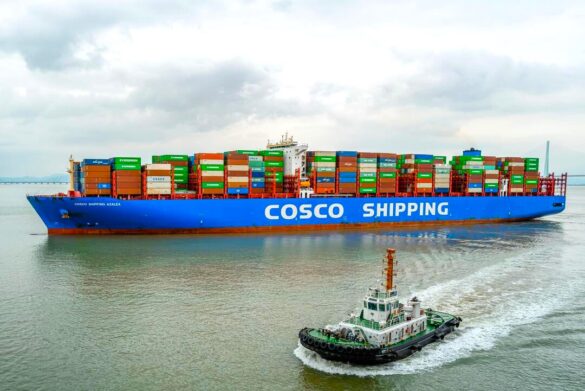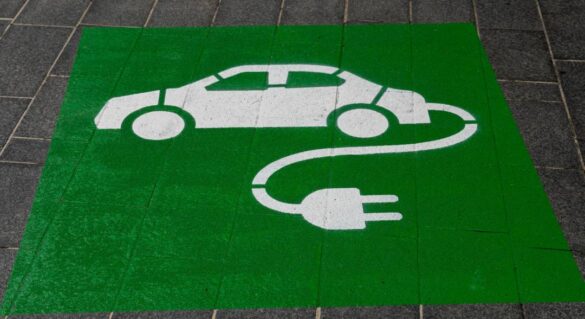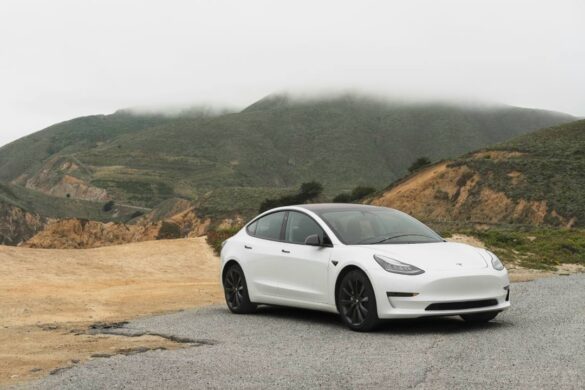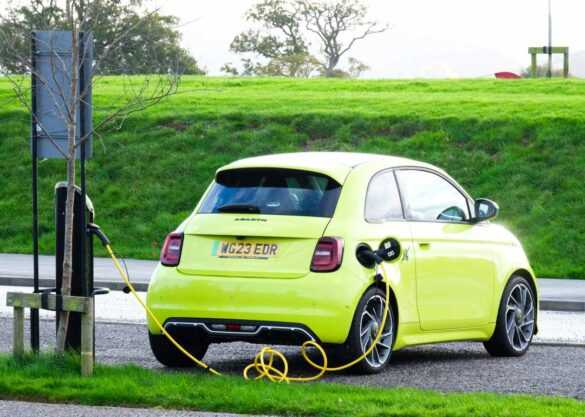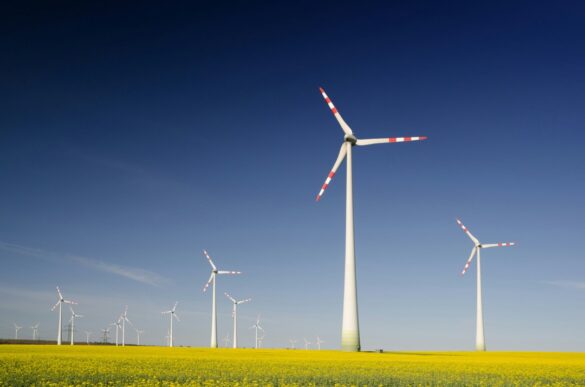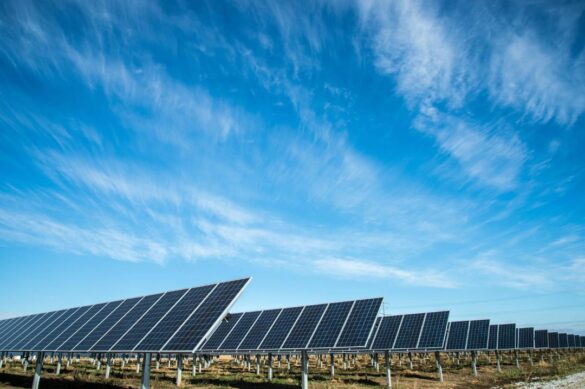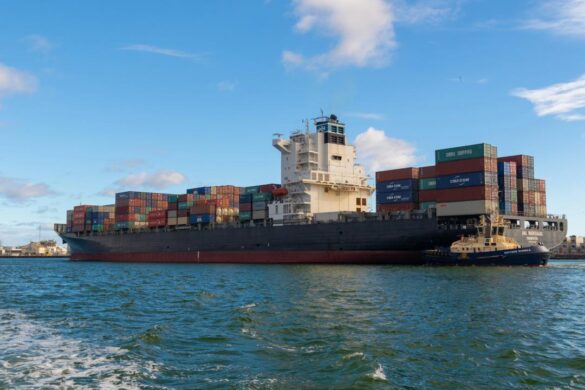China Leads Global Cleantech Boom with $100B in Overseas Investments: Report
Chinese firms have invested over $100 billion across 130 cleantech companies globally, reported German research firm Climate Energy Finance.
China Cuts New Coal-Powered Plant Approvals by 80%, Finds Greenpeace
China’s combined wind and solar capacity of 11.8 terawatts exceeded coal capacity of 11.7 TW for the first time in the first half and made up 84.2 percent of all new grid-connected capacity.
Trade War: US To Introduce New Tariffs On Chinese EVs
The official announcement is scheduled for Tuesday. The specifics remain undisclosed and the White House declined to comment.
Tesla Seeks Investment Boost; Musk Courts Buffett
On social media, Musk responded to a suggestion that Berkshire Hathaway, Buffett’s investment firm, should shift its holdings from Apple to Tesla. Musk called it an “obvious” move for the value-oriented investor.
The World’s EV Fleet Continues to Grow Strongly, with 2024 Sales Set to Reach 17 Million: IEA
This represents a continuation of the robust growth witnessed in the first quarter, where sales jumped 25% compared to the same period in 2023. Notably, the number of electric cars sold in the first three months of 2024 is already roughly equivalent to all the electric car sales in 2020.
Europe Launches Probe into Chinese Wind Turbine Subsidies
Margrethe Vestager, the EU’s anti-trust chief, announced the probe, citing worries that Chinese state subsidies grant unfair advantages to their wind turbine producers.
Xiaomi Makes Big Bet on Premium Electric Car Market
The company, known for its affordable smartphones and smart home devices, surprised many by unveiling its first EV, the SU7, at the Mobile World Congress in Barcelona.
India Launches Anti-dumping Probe on Solar Glass Imports from China, Vietnam
Borosil Renewables Limited, representing the domestic industry, filed the application urging for an investigation and the imposition of anti-dumping duties.
UK to Implement Carbon Import Levy on Certain Goods by 2027
The carbon border adjustment mechanism (CBAM) will be applied to carbon-intensive products and it will be determined based on the carbon emissions in the production of imported goods and the gap between the carbon prices in the country of origin and the UK

